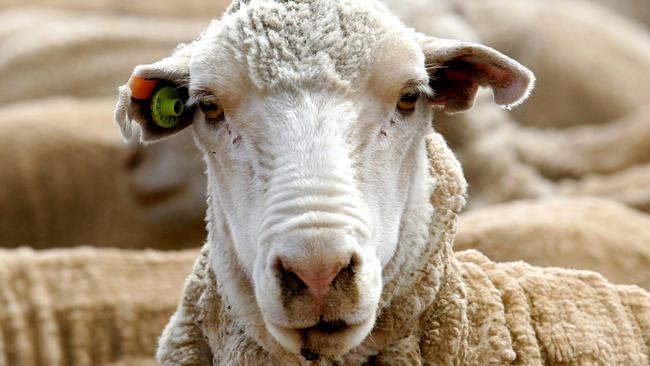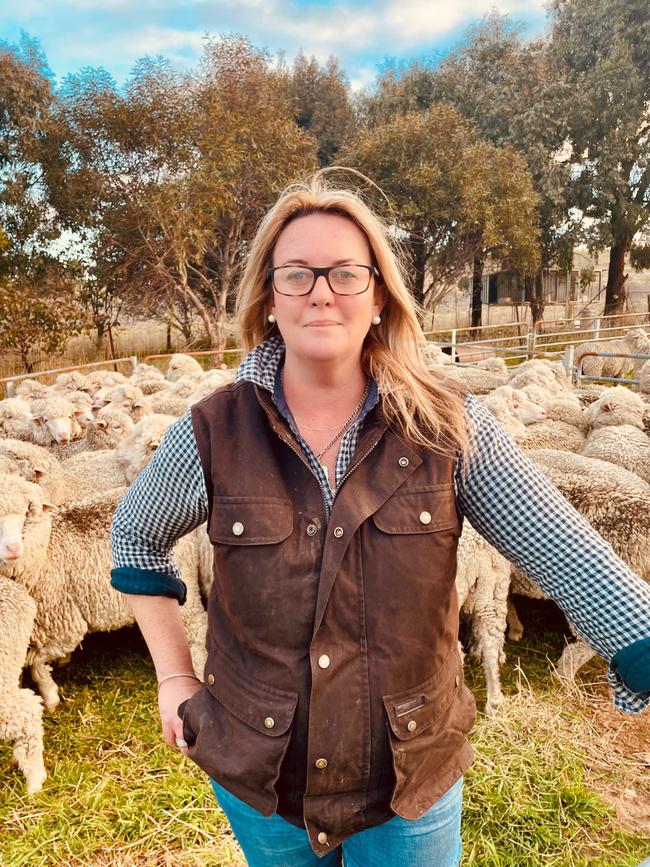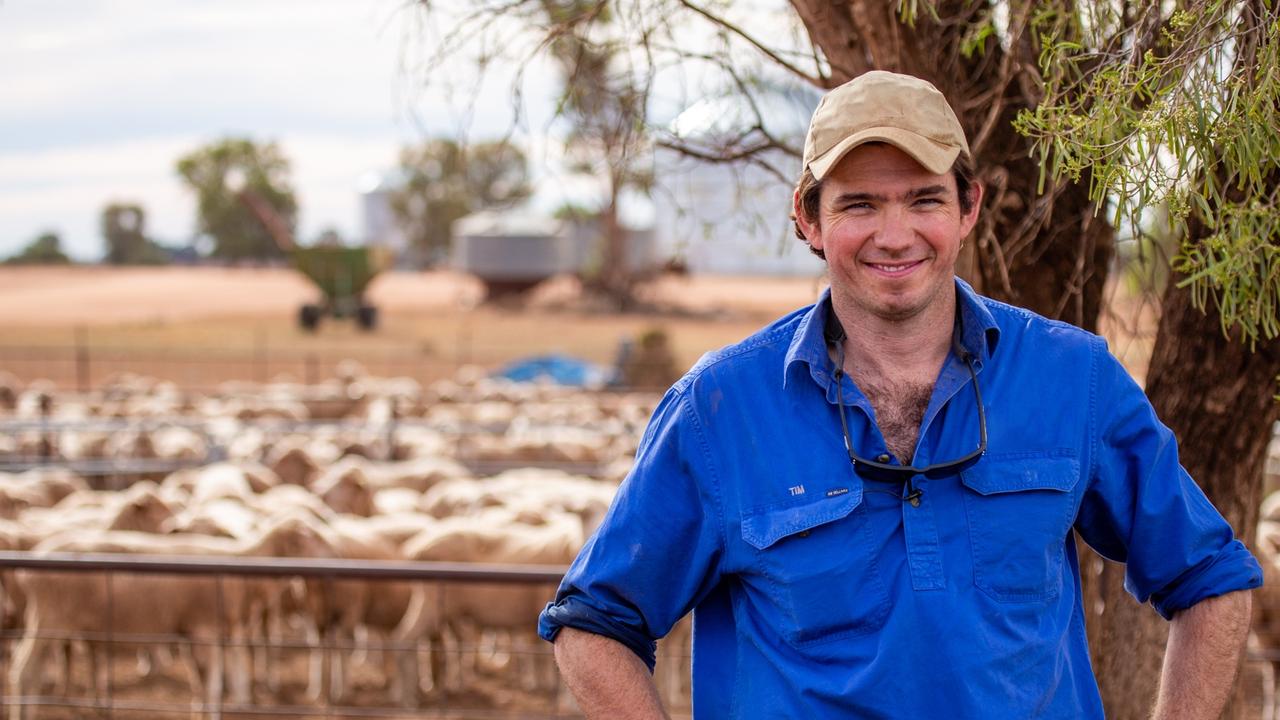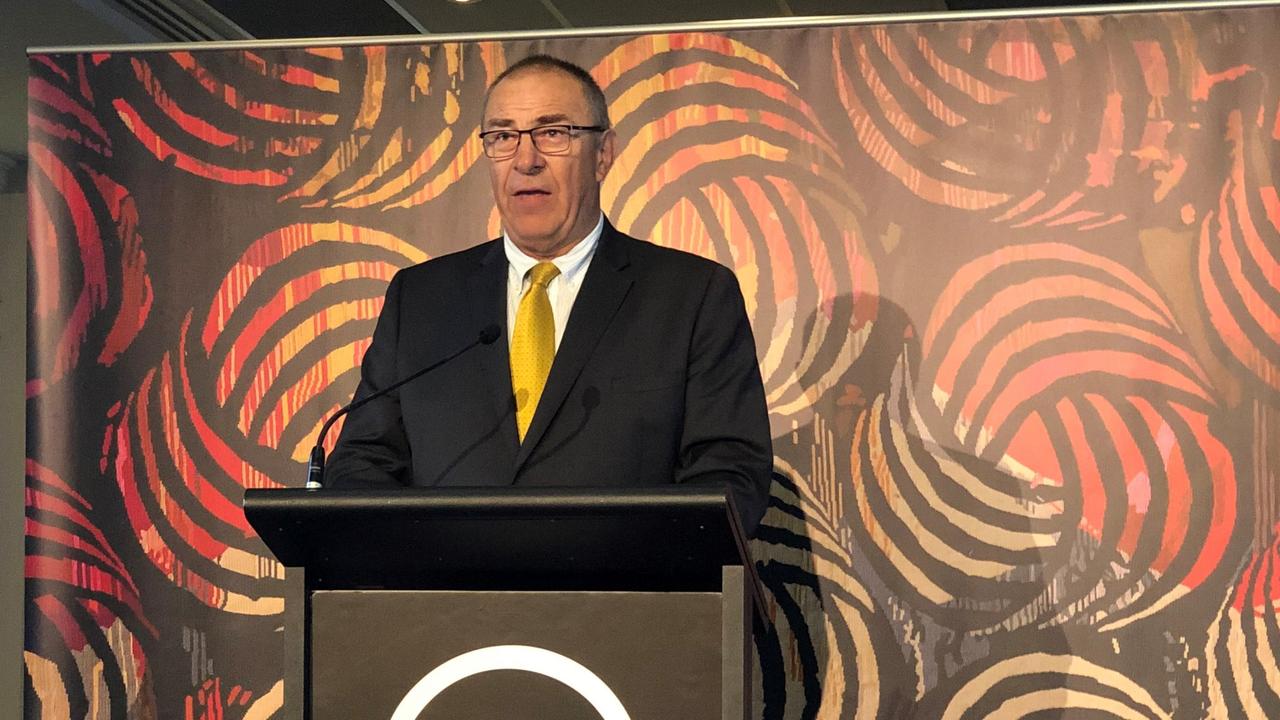Biosecurity risk: WoolProducers pulls out of mandatory sheep eID rollout
The nation’s peak body for wool producing says a “piecemeal” approach and lack of government funds has forced it to abandon support for the sheep eID rollout.

Australian wool growers have pulled their support for the national rollout of mandatory sheep electronic identification, due to a lack of funding and nationally consistent agreement on the process.
WoolProducers Australia chief executive Jo Hall said “the costings for the rollout of this system has been independently estimated to be $830 million over 10 years”.
Yet to date the federal government has committed just $20.1 million to the rollout, with the NSW government stumping up another $31.4m in July last year for rebates on installing eID scanners and other technology.
The lack of funds comes despite the nation’s agriculture ministers declaring there was an “urgent need” to work with industry towards mandatory implementation of national eID by 2025, in the wake the 2022 Indonesian foot and mouth disease outbreak.
Ms Hall said while the government funding commitments to date were welcome, they were “a long way short of the required financial assistance”.

Critically for farmers there has been no offer from the NSW nor Queensland governments to subsidise eID tags, which currently cost about $2 each.
In contrast Victoria, which adopted eID for sheep seven years ago, has used producers’ sheep stamp duty payments to subsidise tags, cutting the cost to 83 cents each.
While Victoria is years ahead of other states, WoolProducers president Steve Harrison said the state had “been a bit slack” on the need for movement documentation.
In negotiations on drafting minimum standards for a national eID system, Victoria has not agreed to other states’ calls for traceability documentation to accompany consignments of sheep.
WoolProducers has also warned there is a need for major investment in a national database, to ensure it is capable of handling all farmed FMD-susceptible livestock species – from sheep to cattle and pigs.

Ms Hall said “Australia trades as a nation, and as such we must have a nationally consistent traceability system that delivers harmonised biosecurity outcomes across all states and territories.
“There is no point placing an increased financial burden on wool growers if there is not enhanced biosecurity outcomes by continuing to have a piecemeal approach to sheep traceability.
She said WoolProducers support for mandatory eID “was based on a number of contingencies to ensure that the system and shared responsibilities were fair and equitable for wool growers and that the required biosecurity outcomes were met, this is currently not the case.”
As a result, WoolProducers’ board has resolved not to support national eID rollout until all of the following conditions are met:
ESTABLISHMENT of a nationally harmonised traceability system that operates according to nationally consistent business rules.
INVESTMENT into a database capable of handling all farmed FMD-susceptible livestock species,
CREATION of an equitable funding arrangement for both the establishment and ongoing maintenance of an enhanced system.




